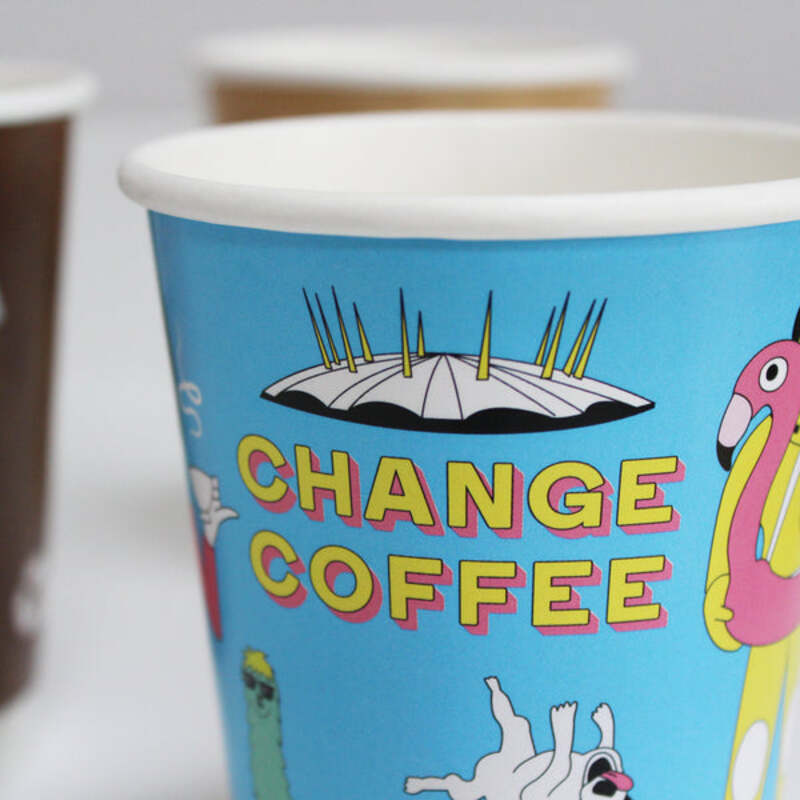The Evolution and Importance of Folding Boxes in Packaging
Folding boxes, often referred to as folding cartons, are a crucial component of modern packaging solutions. They serve a variety of purposes ranging from product protection to marketing, all while being environmentally friendly and cost-effective. This article delves into the evolution of folding boxes, their significance in various industries, and trends shaping their future.
Historical Background
The concept of folding boxes dates back to the early 19th century when packaging began to transition from bulk to retail. Early designs were rudimentary, often made from heavy cardstock. However, as manufacturing techniques advanced, the folding box transformed into a sophisticated packaging solution. The introduction of die-cut technology allowed manufacturers to create intricate designs, enhancing aesthetic appeal and functionality.
Structure and Design
Folding boxes are typically made from paperboard or corrugated fiberboard, allowing for both rigidity and flexibility
. Their design is characterized by creased lines that enable them to be flat-packed, saving storage space and reducing transportation costs. After assembling, folding boxes can assume various shapes and sizes, catering to different products, from cosmetics to food items.
One of the most significant advantages of folding boxes is their customizability. Brands can manipulate size, shape, and design to match their product requirements and marketing strategies. This adaptability makes folding boxes ideal for limited edition releases or product lines with varying dimensions. Additionally, advances in printing technology allow brands to incorporate vibrant colors, unique graphics, and engaging narratives that enhance brand recognition.
Environmental Considerations
In recent years, there has been a growing emphasis on sustainable packaging. Folding boxes are generally more eco-friendly than plastic alternatives because they are made from renewable resources and are recyclable. The industry has seen a shift towards using recycled materials, minimizing ecological footprints, and appealing to environmentally conscious consumers.
folding boxes

Companies are now investing in sustainable practices, such as sourcing materials from responsibly managed forests and implementing efficient manufacturing processes that reduce waste. The trend towards minimalism has also influenced the design of folding boxes, with many brands opting for simpler, less extravagant packaging to reduce waste further and appeal to consumers concerned about environmental impacts.
Industry Applications
The versatility of folding boxes has allowed them to permeate various industries. In the food and beverage sector, they provide a safe means of transport while maintaining freshness. Pharmaceutical companies utilize folding cartons to safeguard medications and communicate essential information through labeling. Additionally, the cosmetic industry relies heavily on folding boxes for branding purposes, often using them to express luxury and exclusivity.
E-commerce has also revolutionized the folding box industry. With the surge in online shopping, businesses are looking for packaging solutions that can withstand shipping rigors while still providing an excellent unboxing experience. This has led to innovations in structural design and additional protective features, ensuring that products arrive in pristine condition.
The Future of Folding Boxes
Looking forward, the folding box industry is poised for continued growth. As online retail expands, the demand for adaptable, sustainable packaging solutions will only increase. Advances in technology, such as smart packaging that incorporates QR codes or augmented reality, could further enhance consumer experiences and engagement.
Moreover, collaboration between brands and designers will likely result in more innovative and functional folding box designs, catering to the evolving needs of consumers and retailers alike. As businesses prioritize sustainability, the folding box will remain central to efforts aimed at reducing waste and promoting responsible consumption.
In conclusion, folding boxes have evolved far beyond mere containers for products. They play a vital role in branding, sustainability, and consumer engagement. As industries continue to grow and change, folding boxes will remain a fundamental aspect of the packaging landscape, proving their importance over time.



